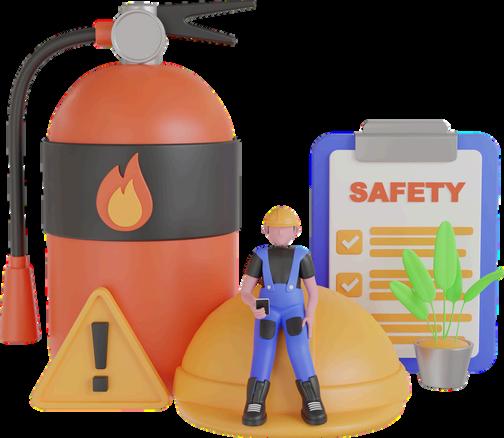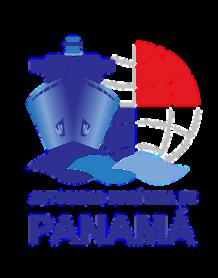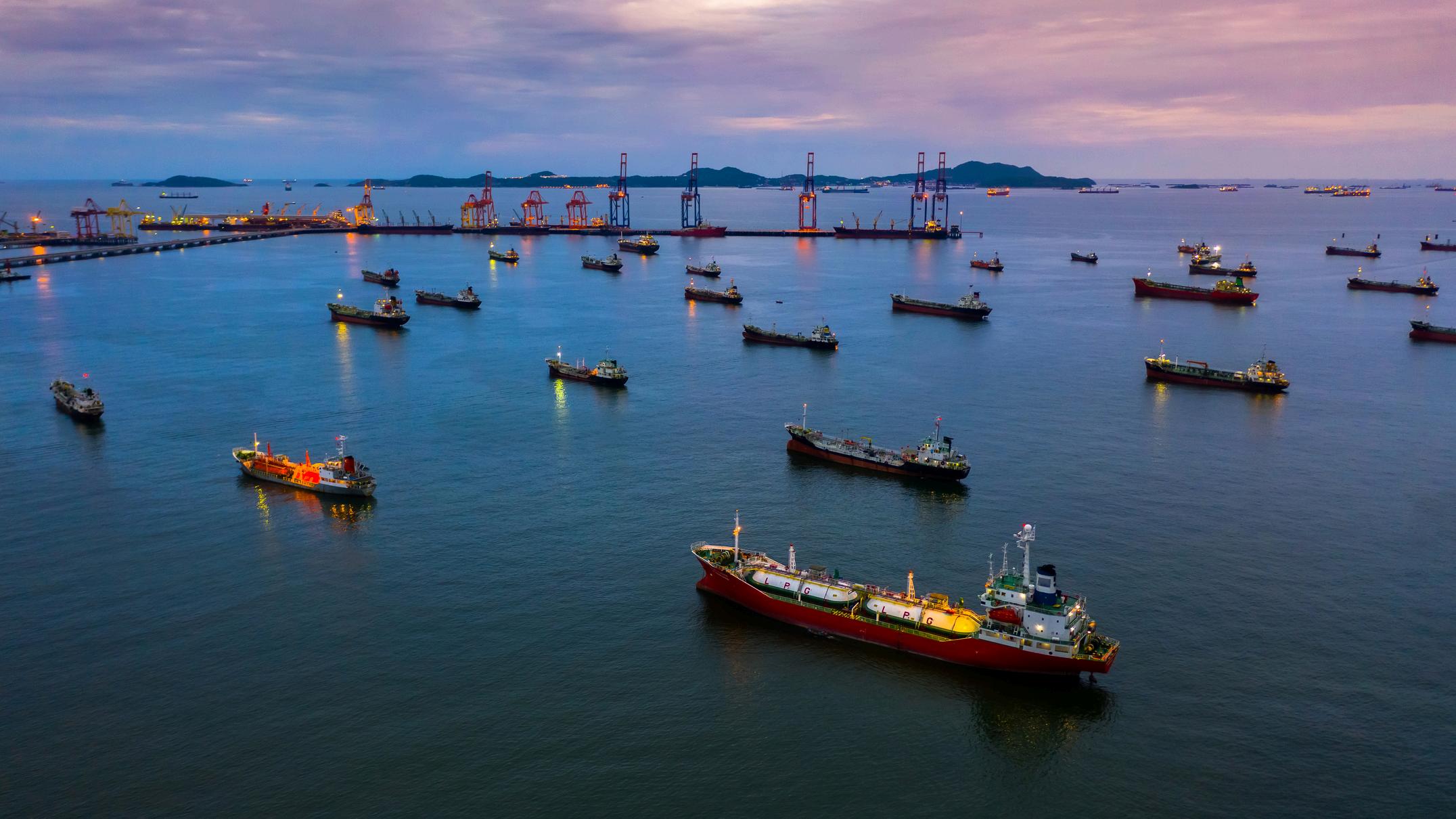






Following several high-profile maritime accidents and growing concern about the large number of errors being made in ship management, The International Maritime Organization (IMO) through Resolution A.741 (18) of 4 November 1993 approved the ISM Code, making it mandatory with the entry intoforceofChapterIX(“SafetyManagementofShips”)ofSOLAS.
It was approved on 1 July 1998 in its first phase and on 1 July 2002 in its second phase, in order to provide an international standard on management for the operational safety of ships and the prevention of pollution.
The approval of the ISM Code was a logical consequence of several studies carried out, which showed that around 80% of maritime accidents were caused by human errors, and that they were often associated with problemsinthemanagementofshippingcompanies.
The human factor has always been an important factor in maritime safety and this is reflected not only in the ISM Code itself, but also in the revised 1995 edition of the International Convention on Standards of Certification andWatchkeepingforSeafarers1978(STCW98).
The ISM Code aims to provide an international standard for the safe managementandoperationofshipsandforthepreventionofpollution.

The Assembly had previously invited all Governments, by resolution A.443(XI),totakethenecessarymeasurestoprotectthemasterofashipin the proper discharge of his responsibilities for maritime safety and protectionofthemarineenvironment.
In resolution A.680(17), the Assembly recognized the need for appropriate management organization to enable it to respond to the needs of persons on board ships in order to achieve and maintain high levels of safety and environmentalprotection.
Recognizing that no two shipping companies and shipowners are alike and that ships operate under a wide range of different conditions, the Code is basedongeneralprinciplesandobjectives,includingtheassessmentofall identified risks to a company ' s ships, personnel and environment and the establishmentofappropriatesafeguards.
TheCodeisbroadlywordedtoenableittohavewidespreadapplication.Itis clear that different levels of management, whether on land or at sea, will requiredifferentlevelsofknowledgeandawarenessoftheissuesdescribed.
The IGS Code recognizes as its objective in its Preamble, that of “providing an international standard on management for the operational safety of shipsandthepreventionofpollution”.

The Code also recognises that the aim is to “ensure maritime safety and that personal injury or loss of life and damage to the environment, in particularthemarineenvironment,andpropertyareavoided”.
All vessels must comply with the International Safety Management (ISM) Coderegardlessoftheirflagstate.
This code is set by the International Maritime Organisation (IMO) with guidelines and systems in place for the safe operation of vessels with respecttothesafetyofpassengers,crewandenvironmentalprotection.
SUDOV Marine Services develops tailored safety management solutions for each of its clients, accommodating the requirements of the owner and their crewwhilstremainingcompliantwithregulations.
In close cooperation with the master and crew, the system is constantly evolving to improve safe working practices and constantly reduce risks in onboardoperations.

The SOLAS Convention, in its successive versions, is generally considered the most important of all international treaties relating to the safety of merchantships.
The first version was adopted in 1914, in response to the Titanic disaster, the secondin1929,thethirdin1948andthefourthin1960.
The 1974 version includes the tacit acceptance procedure, which provides that an amendment will enter into force on a specified date unless, before that date, objections to the amendment are received from an agreed numberofParties.
As a result, the 1974 Convention has been updated and amended on numerousoccasions.
The main objective of the SOLAS Convention is to specify minimum standards for the construction, equipment and operation of ships, compatiblewiththeirsafety.
Flag States are responsible for ensuring that ships flying their flag comply with their requirements, and the Convention prescribes a number of certificatesasevidencethatthishasbeendone.

ThecurrentSOLASConventionincludes thefollowingchapters.
Construction - Subdivision and stability, machinery and electrical installations
Fireprotection,firedetectionandfireextinguishing
Life-savingappliancesandmeans
Radiocommunications
Safetyofnavigation
Carriageofcargo
Carriageofdangerousgoods
Nuclearships
Managementforthesafeoperationofships
Safetymeasuresforhigh-speedcraft
Specialmeasurestoimprovemaritimesafety
Specialmeasurestoimprovemaritimesecurity
Additionalsafetymeasuresforbulkcarriers
Verificationofcompliance
Safetymeasuresforshipsoperatinginpolarwaters

The International Ship and Port Facility Security Code (ISPS Code), which entered into force on 1 July 2004 under Chapter XI-2 of the SOLAS Convention, has served as the basis for a comprehensive and mandatory internationalshippingsecurityregime.
The mandatory Part A details the maritime and port security requirements that governments, port authorities and shipping companies participating in theSOLASConventionmustmeetinordertocomplywiththeCode.
Part B of the Code provides a number of recommended guidelines on how tomeettherequirementsandobligationssetoutintheprovisionsofPartA.
ThemainobjectivesoftheISPSCodeinclude:
To establish an international framework that fosters cooperation between Contracting Governments, government agencies, local administrations and the shipping and port industries, in the assessment and detection of potential threats to the security of ships or port facilities used for international trade, in order to implement preventive security measuresagainstsuchthreats.
To determine the respective roles and responsibilities of all parties involved in safeguarding maritime security in ports and on board ships, atnational,regionalandinternationallevels;

to ensure that maritime security-related information is collected and exchanged in an early and efficient manner at national, regional and internationallevels;
to provide a methodology for ship and port security assessments to facilitate the development of ship, company and port facility security plans and procedures to be used to respond to different levels of ship or portsecurity;and
to ensure that appropriate and proportionate maritime security measuresareimplementedonboardshipsandinports.
To achieve the above objectives, SOLAS Contracting Governments, port authorities and shipping companies must, in accordance with the ISPS Code, designate appropriate security officers and personnel on each ship,portfacilityandshippingcompany.
These security officers, designated Port Facility Security Officers (PFSOs), Ship Security Officers (SSOs) and Company Security Officers (CSOs), are charged with the functions of assessing, preparing and implementing effectivesecurityplansthatcanmanageanypotentialsecuritythreats.











